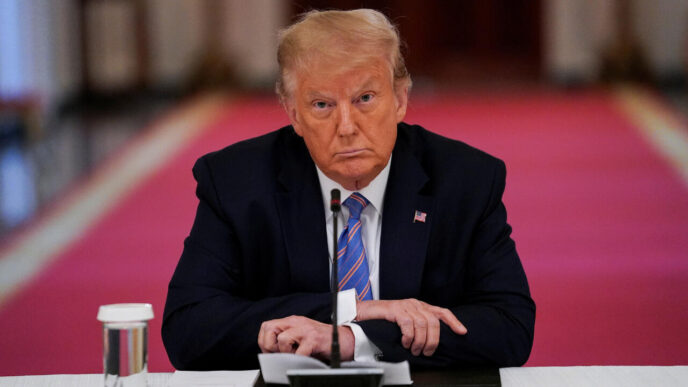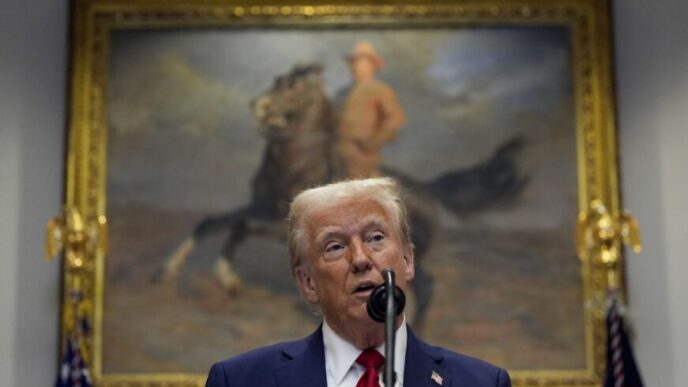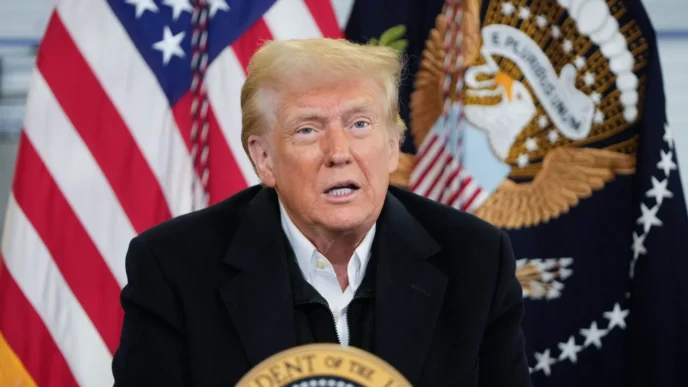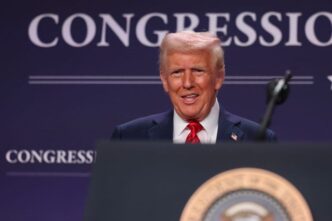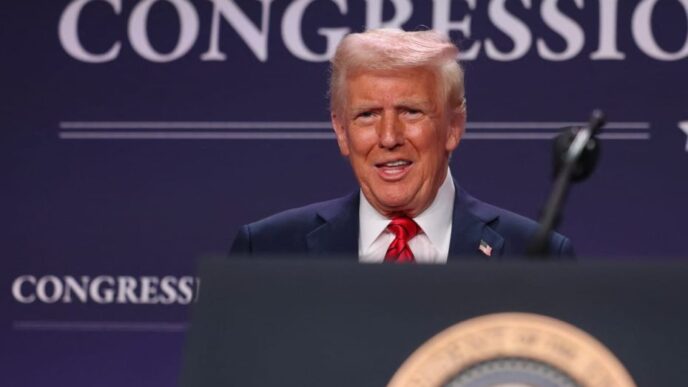Newly inaugurated U.S. President Donald Trump signed an executive order late Monday to end birthright citizenship, sparking immediate legal and political backlash.
The order aims to deny citizenship to children born on U.S. soil if neither parent is an American citizen or lawful permanent resident.
The directive challenges the long-standing interpretation of the 14th Amendment, which guarantees U.S. citizenship to anyone born in the country.
The Supreme Court has upheld this right for over a century, with exceptions only for children of foreign diplomats.
However, the Trump administration contends that the ruling has been misapplied and is pushing for stricter standards.
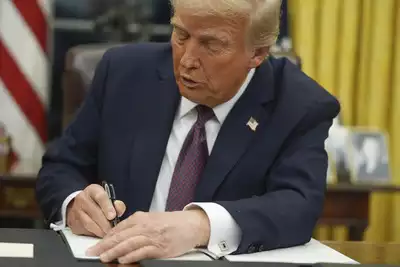
“Neither the Constitution nor any federal statute confers any authority on the President to redefine American citizenship,” argued a lawsuit filed Monday night in New Hampshire by immigrant advocacy groups, including the American Civil Liberties Union and the NAACP Legal Defense Fund.
The suit claims that Trump’s order violates constitutional rights and decades-old federal laws governing citizenship.
Trump’s executive order directs federal agencies to deny U.S. citizenship, including passports, to children born on U.S. soil to parents who do not meet the new requirements.
This policy, set to take effect in 30 days, could potentially impact thousands of children and their families, with critics warning that enforcement could render many children stateless.
Immigrant rights advocates were swift in their opposition, filing lawsuits in several states within hours of the announcement.
The complaint in New Hampshire, signed by 26 attorneys from various organizations, calls Trump’s order a clear overreach of executive power and an affront to the Constitution’s 14th Amendment.
Trump, however, defended his decision, arguing that the measure is necessary to address what he described as abuses of the immigration system.
“This is about making America safer and more disciplined,” Trump said, adding that his administration is determined to ensure U.S. resources are reserved for lawful citizens and residents.
Meanwhile, backlash from state officials and immigration advocates continues to mount.
California Governor Gavin Newsom called the order “unconstitutional and inhumane,” while Illinois officials announced plans to join the growing number of lawsuits.
The controversy comes at a time when immigration has remained a deeply polarizing issue in the U.S.
Trump, who has consistently pledged to take a hard stance on immigration, appears to be using his second term to solidify his legacy as a staunch enforcer of immigration laws.
Legal experts have questioned whether Trump has the authority to implement such sweeping changes without an act of Congress.
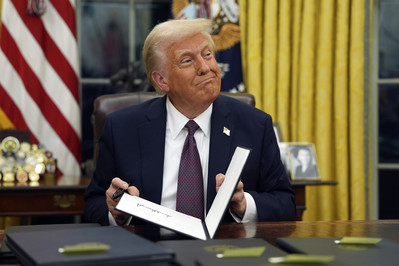
While some conservative scholars believe the Supreme Court could reinterpret the 14th Amendment, many legal analysts predict the courts will likely block the order.
As the legal battles unfold, immigrant families and advocacy groups are bracing for a prolonged fight, while the administration pushes forward with what it calls “necessary reforms” to protect American interests.


